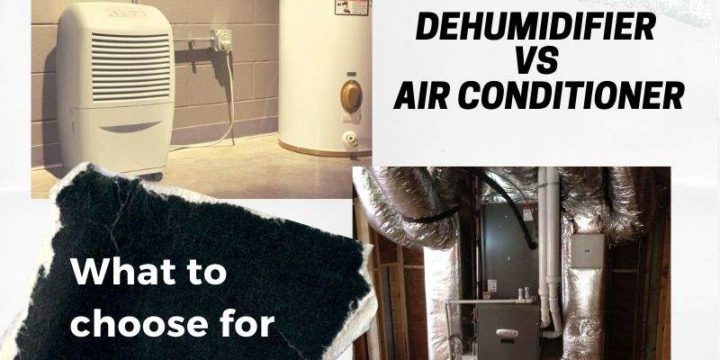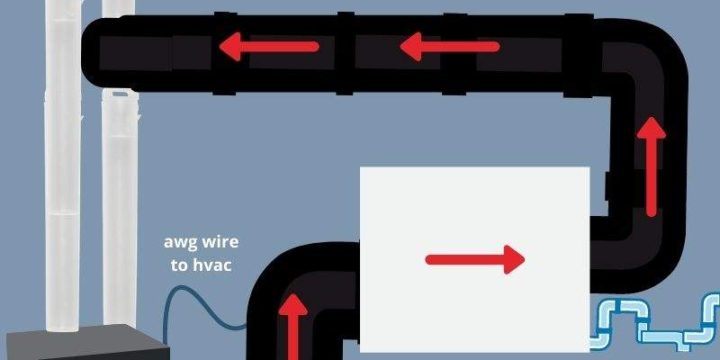How to Store Things in a Basement With Dehumidifier
Having an additional underground area is a blessing. When properly utilized, the basement adds much-needed storage space for your home and can be converted into a guest bedroom or additional square footage for short- and long-term storage. A basement is generally more accessible than an attic and can be used to house a mix of items ranging from out-of-season holiday decorations, rarely used possessions to seasonal sports equipment, furniture, paper products, and family stacks memorabilia. Why Basement Storage Needs Thought Basements and storage generally don't make for happy partners. Since they are typically located at a lower level of the house basements can be damp and dark and experience a high humidity level. High humidity can lead to condensation, while dampness opens the door for unpleasant issues such as mold,…





